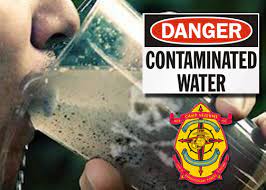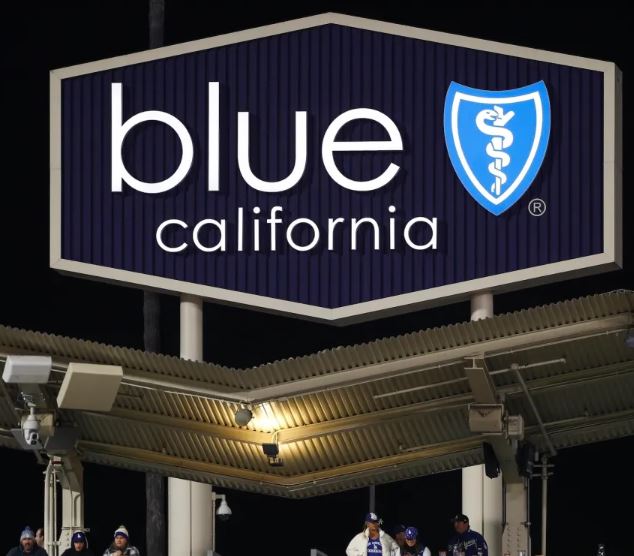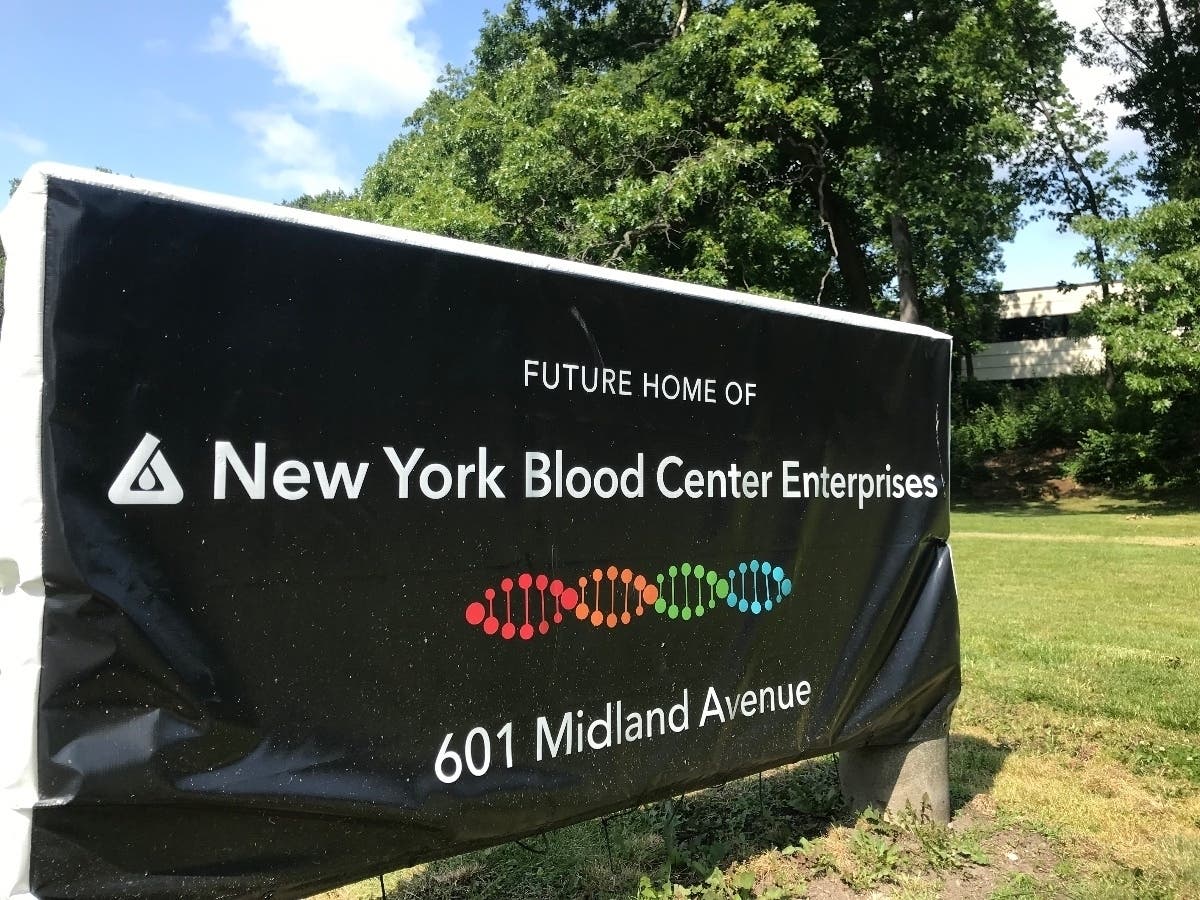Camp Lejeune Contaminated Water Investigation
The Issue
 High concentrations of toxic chemical solvents were discovered in Camp Lejeune’s drinking water, This information, however, was not disclosed to the public until two decades after it was discovered
High concentrations of toxic chemical solvents were discovered in Camp Lejeune’s drinking water, This information, however, was not disclosed to the public until two decades after it was discovered
The chemicals involved are known to cause birth defects as well as a multitude of medical conditions including –
- Bladder cancer
- Leukemia
- Kidney cancer
- Multiple myeloma
- Liver cancer
- Non-Hodgkin’s lymphoma
- Parkinson’s disease.
Who Is Affected?
According to a recent estimate, as many as 500,000 people over a thirty year period were exposed to these toxins while living or working at the North Carolina U.S. Marine training facility.
Who Qualifies?
Anyone who was exposed to the toxic water for a minimum of 30 days during a period spanning August 1, 1953 to December 31, 1987 and has experienced health issues is eligible for compensation.
Camp Lejeune Justice Act Awaits Senate Approval
The Camp Lejeune Justice Act was passed in the House on March 3, 2022, with bipartisan support. It now awaits Senate approval.
If the Camp Lejeune Justice Act of 2022 is approved by the Senate, the legislation will allow those who have experienced health issues as a result of on-base water contamination to pursue litigation.
The bill was put forward within the Honoring our PACT Act of 2021, which is a more expansive act improving benefits for veterans that have been exposed to toxins.
The Camp Lejeune Justice Act passed the House in a 256-174 vote. A total of 222 Democrats and 34 Republicans were voted in favor of the act.
“Anybody who served in the United States Marine Corps, and went for combat training, probably went to Camp Lejeune in North Carolina,” Rep. Cartwright told The Hill, “So this is not just a North Carolina issue; it’s a national issue,” he stated, noting the widespread effects of the tainted water at Camp Lejeune, and the national importance of water contamination on military installations.
Currently, the larger PACT Act continues to stall in the Senate. Reportedly, the bill was initially passed in both the House and the Senate. However, a small clerical error sent the bill back to the House. Now, members of the Senate have objected to minor issues of the bill, reports Precision: PR Newswire. Activists have urged the Senate to pass the PACT Act as quickly as possible, in the interest of getting help to the veterans exposed to toxic chemicals in the course of their military service. Proponents of the bill say that delaying its passage could risk the lives of millions of veterans exposed to toxins at Camp Lejeune and other military sites.
Update – September 6, 2023
The U.S. Department of Justice and the U.S. Department of the Navy on Wednesday announced that an elective option has been finalized to help veterans and others exposed to contaminated water on the Camp Lejeune Marine base get compensation for certain diseases on a faster basis.
Since the Camp Lejeune Justice Act was signed into law last year, more than 93,000 claims have been filed with the Navy Department. Under the settlement framework, government officials said they can make offers to claimants whose diseases have been found by the Agency for Toxic Substances and Disease Registry to be connected to the chemicals found in the waters at Camp Lejeune.
“The elective option is a critical step in bringing relief to qualifying claimants impacted by the contaminated water at Camp Lejeune, who will now have an avenue for receiving quick and early resolution of claims under the Camp Lejeune Justice Act,” Associate Attorney General Vanita Gupta said in a statement.
More than a million veterans, service members and their families are estimated to have been exposed to the chemicals in the base’s drinking water from mid-1953 through 1987.
Last year, President Joe Biden signed the Camp Lejeune Justice Act. Under the law, individuals have a two-year window to sue the federal government in the Eastern District of North Carolina and recover damages for harm from exposure to the water.
About 1,100 lawsuits have already been filed in North Carolina federal court.
The settlement payment offers will be tiered based on the types of disease and length of exposure to the water, according to the government.
The ATSDR has substantiated evidence that the chlorinated solvents and other contaminants in the North Carolina base’s drinking water caused kidney, liver and bladder cancer, as well as leukemia and non-Hodgkin’s lymphoma, according to the government. Claims for those diseases will receive offers of either $450,000, $300,000 or $150,000.
Diseases for which the ATSDR has possible evidence of causation – multiple myeloma, Parkinson’s disease, kidney disease and systemic sclerosis -will result in settlement offers of $400,000, $250,000 or $100,000, according to the officials. Those offers will also depend on the length of exposure.
Death claims will receive an additional $100,000.
The payments aren’t affected by U.S. Department of Veterans Affairs disability benefits or medical care, according to the government.
The process to file a claim is voluntary and does not require a lawyer, according to the Justice Department..
The settlement framework was not the result of negotiations with plaintiffs attorneys, officials said.
The department will also screen administrative claims and the lawsuits that have already been filed and will offer settlements in cases that qualify, according to the officials
Trials in the previously filed lawsuits are expected to start in 2024.
“We recognize this takes a whole-of-government response, and along with DOD and DOJ, we are linked with Veterans Affairs and other federal agencies to support a fair and streamlined process,” Under Secretary of the Navy Erik Raven said in a statement. “We are committed to ensuring that every valid Camp Lejeune claim is resolved fairly and as expeditiously as possible.”
Multiple forms of cancer have been linked to contaminated drinkng water at Camp Lejeune between 1953 and 1987.
Camp Lejeune veterans, their family members and civilian workers were exposed to cancer-causing chemicals released into the public water supply over a 35 year period. As a result, Camp Lejeune cancer lawsuits are being pursued against the U.S. Government for their failure to address the rampant water contamination on the marine base.
The Camp Lejeune Justice Act of 2022 now allows claims and settlements to be pursued for a limited time by Veterans, Family Members or Contractors who have been:
- Diagnosed with certain cancers caused by Camp Lejeune water, as well as neurological disorders and other diseases;
- After living or working at Camp Lejeune or Marine Corps Air Station New River for at least 30 cumulative days between August 1953 and December 31, 1987
Find out if your family may be eligible for Camp Lejeune cancer settlement benefits by filling out the form on this page.









